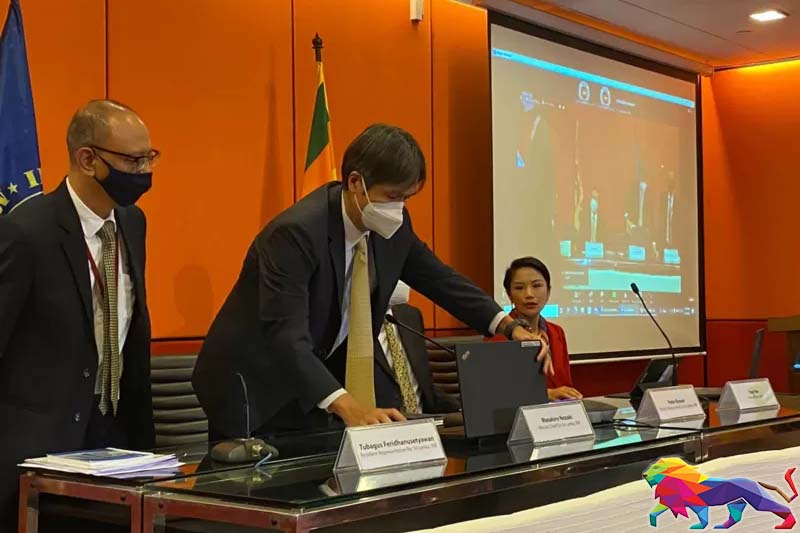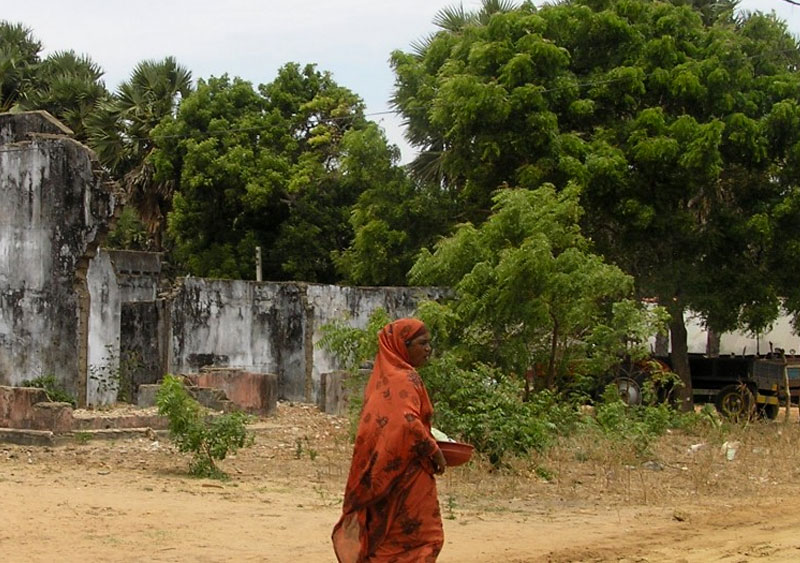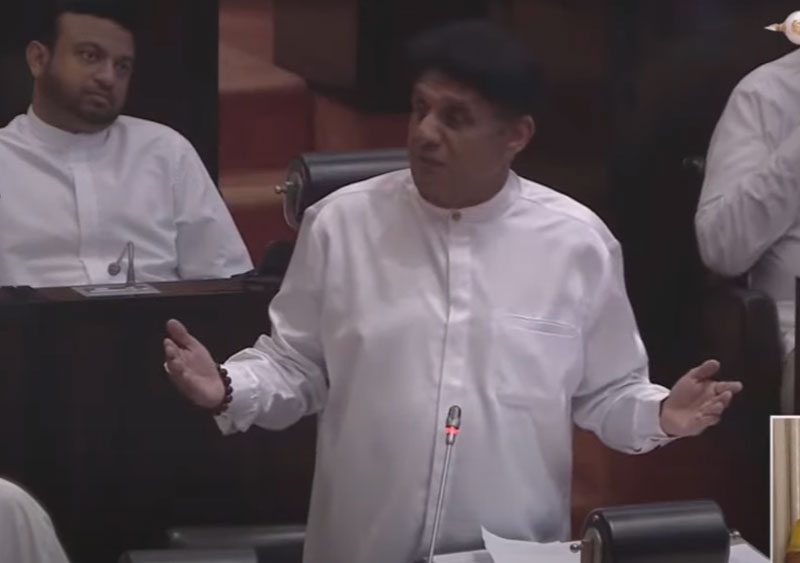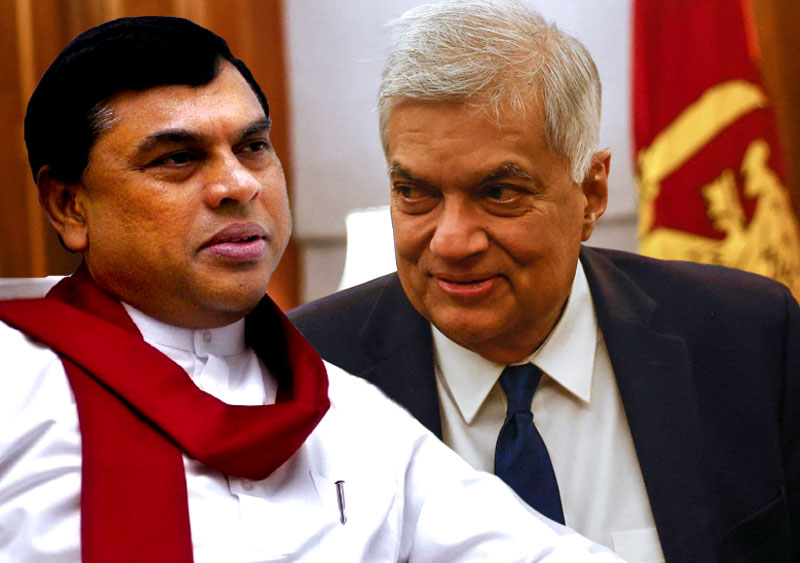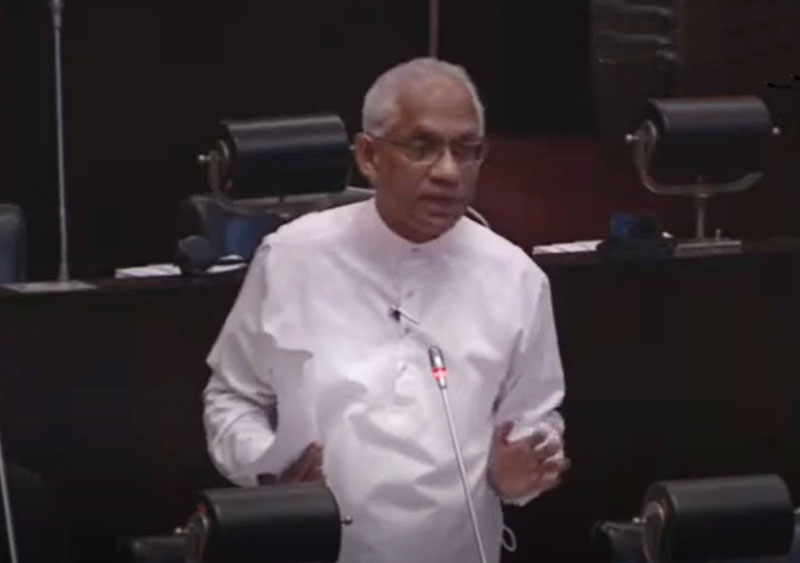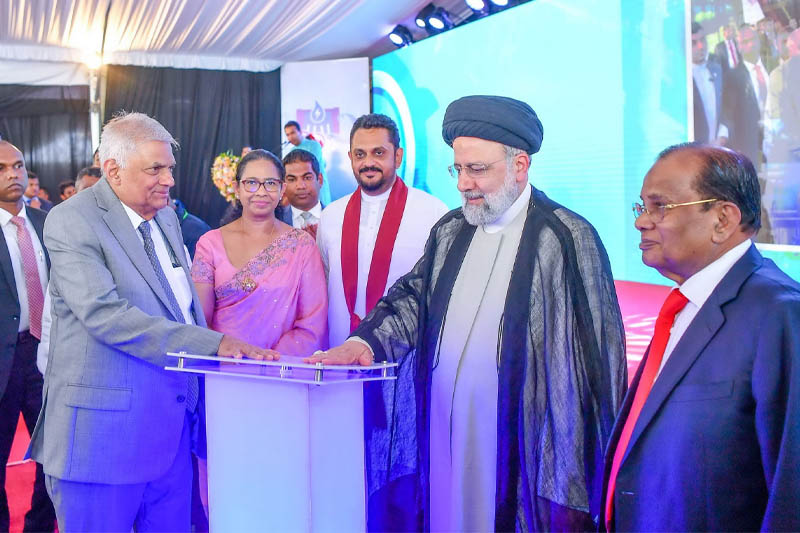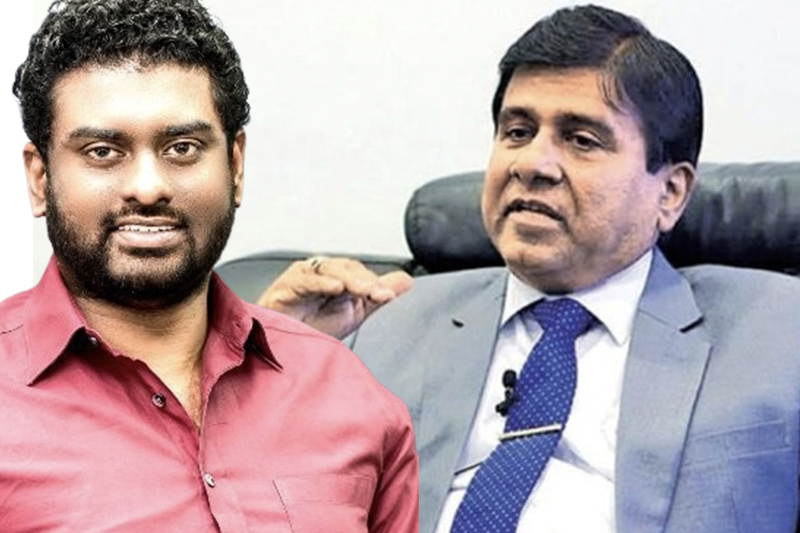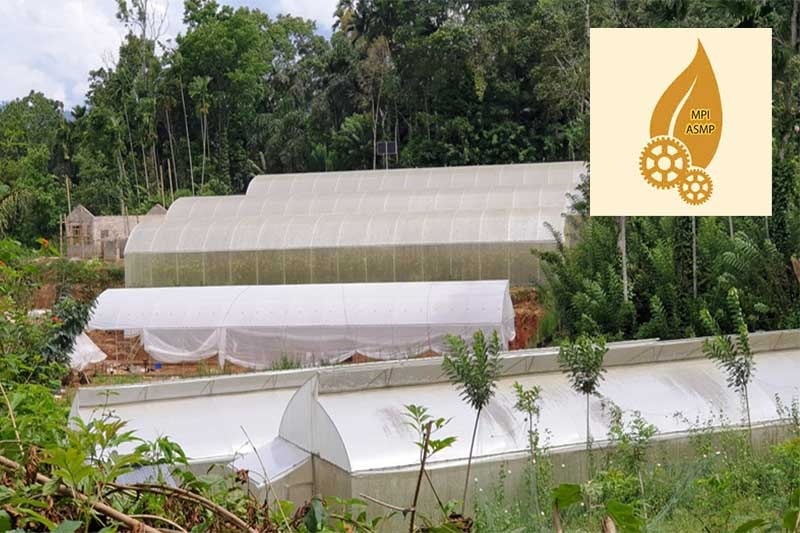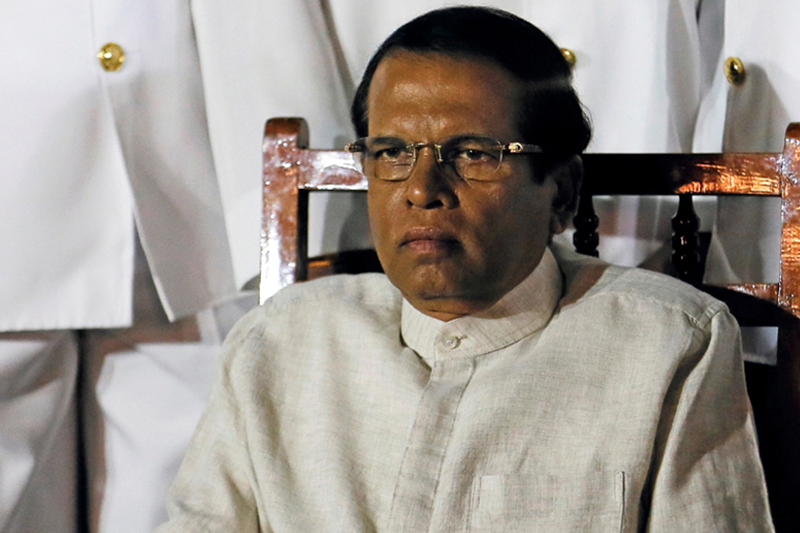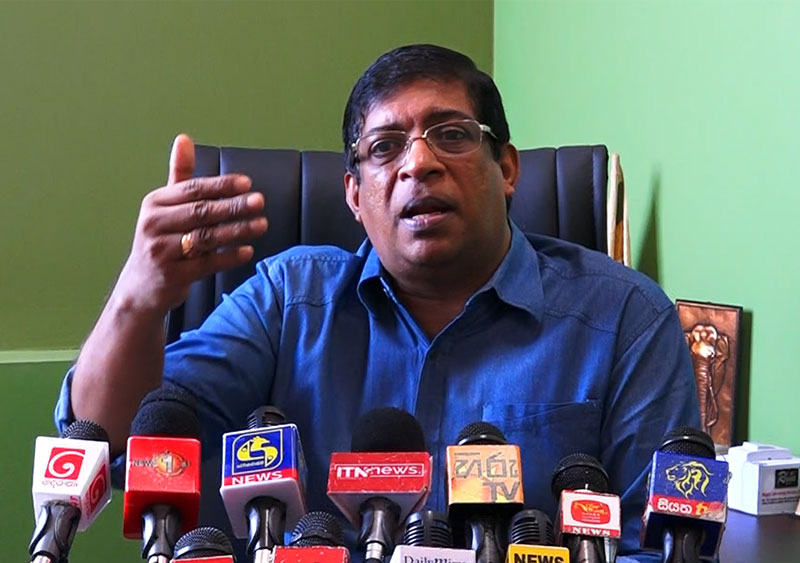The International Monetary Fund (IMF) said today (01) it has reached a staff-level agreement with Sri Lanka to provide 2.9 billion US dollars over four years to help salvage the country from its economic crisis.
An IMF team visiting Sri Lanka said in a statement that the preliminary agreement is subject to approval from the agency’s management and executive board “contingent on the implementation by the authorities of prior actions, and on receiving financing assurances from Sri Lanka’s official creditors and making a good faith effort to reach a collaborative agreement with private creditors.”
The statement said,
“IMF staff and the Sri Lankan authorities have reached a staff-level agreement to support Sri Lanka's economic policies with a 48-month arrangement under the Extended Fund Facility (EFF) of about USD 2.9 billion.
The objectives of Sri Lanka’s new Fund-supported program are to restore macroeconomic stability and debt sustainability, while safeguarding financial stability, protecting the vulnerable, and stepping up structural reforms to address corruption vulnerabilities and unlock Sri Lanka’s growth potential.
Debt relief from Sri Lanka’s creditors and additional financing from multilateral partners will be required to help ensure debt sustainability and close financing gaps.
Financing assurances to restore debt sustainability from Sri Lanka’s official creditors and making a good faith effort to reach a collaborative agreement with private creditors are crucial before the IMF can provide financial support to Sri Lanka.
The statement also said,
An IMF mission led by Peter Breuer and Masahiro Nozaki visited Colombo from August 24 to September 01 to continue discussions on IMF support for Sri Lanka and the authorities’ comprehensive economic reform program.
Key elements of the programme are:
# Raising fiscal revenue to support fiscal consolidation. Starting from one of the lowest revenue levels in the world, the program will implement major tax reforms. These reforms include making personal income tax more progressive and broadening the tax base for corporate income tax and VAT. The program aims to reach a primary surplus of 2.3 percent of GDP by 2024.
# Introducing cost-recovery based pricing for fuel and electricity to minimize fiscal risks arising from state-owned enterprises. The team welcomed the authorities’ already announced substantial revenue measures and energy pricing reforms;
# Mitigating the impact of the current crisis on the poor and vulnerable by raising social spending, and improving the coverage and targeting of social safety net programs;
# Restoring price stability through data-driven monetary policy action, fiscal consolidation, phasing out monetary financing, and stronger central bank autonomy that allow pursuing a flexible inflation targeting regime. A new Central Bank Act is a cornerstone of this strategy;
# Rebuilding foreign reserves through restoring a market-determined and flexible exchange rate, supported by the comprehensive policy package under the program;
# Safeguarding financial stability by ensuring a healthy and adequately capitalized banking system, and by upgrading financial sector safety nets and regulatory standards with a revised Banking Act; and
# Reducing corruption vulnerabilities through improving fiscal transparency and public financial management, introducing a stronger anti-corruption legal framework, and conducting an in-depth governance diagnostic, supported by IMF technical assistance.

